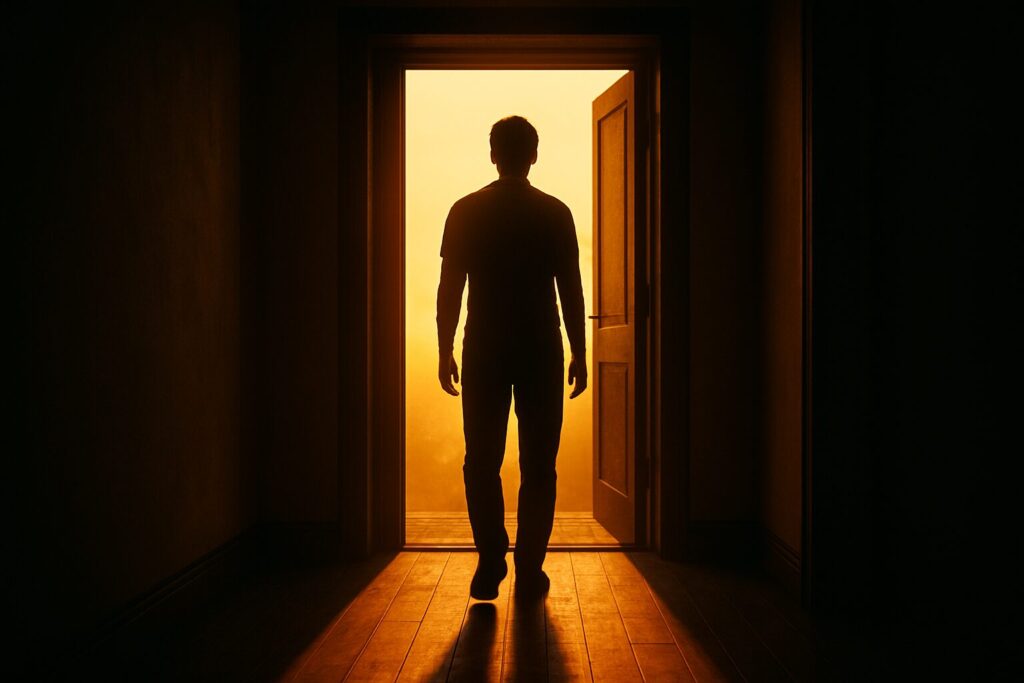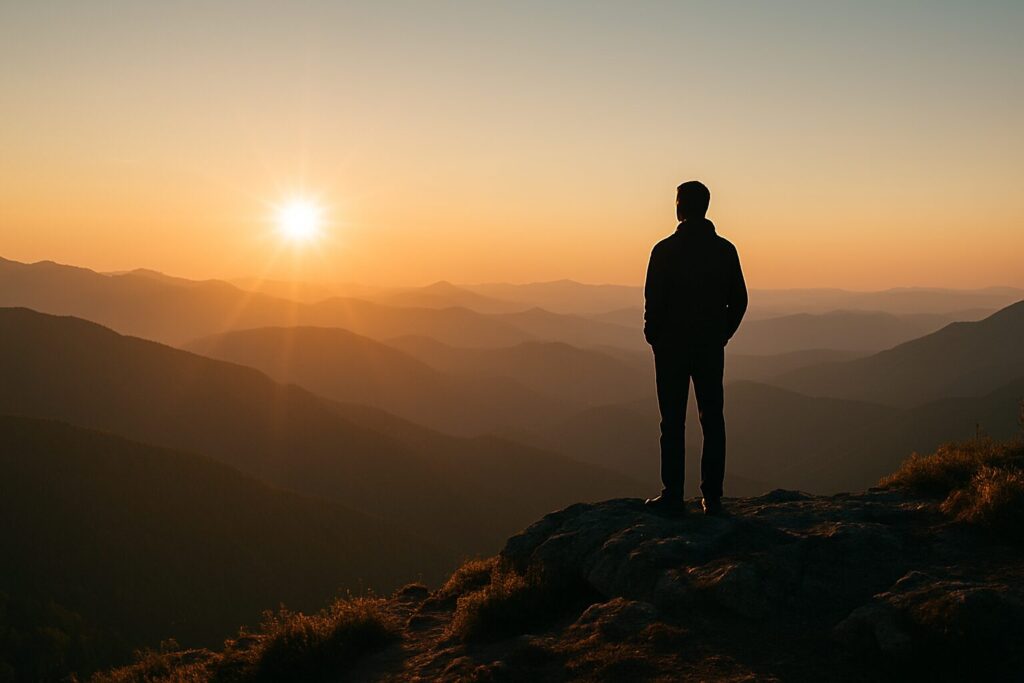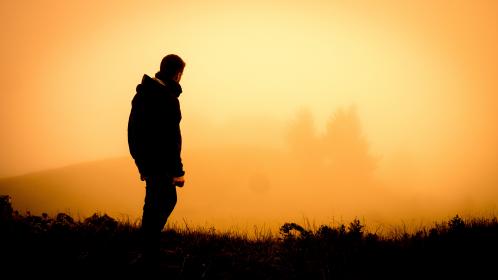Why do we try? Why do we get up each morning, set goals, chase dreams, fight through setbacks, and reach again for more? The cynical answer is survival. We try because we must: food to eat, bills to pay, routines to maintain. But survival is only the foundation. Beyond necessity lies something deeper: a hunger for meaning, a desire to expand, a refusal to let existence slip by unnoticed. Trying is more than survival. It is gratitude in motion.
Philosophy
“Carpe diem” — seize the day. Two words from the Roman poet Horace that echo across centuries. They’ve been carved into marble, printed on posters, whispered in commencement speeches, and shouted from movie screens. It’s easy to dismiss them as cliché. But clichés often become clichés because they carry truth. And in this case, the truth is sharp: our time is short, and the day before us is all we can actually grasp.
Without orientation, the adventure dissolves into wandering. You may stumble on some wonders, but you may also waste your days, circle endlessly, or end up somewhere you never wanted to be. Life is like that. Deciding that life is precious — that it’s worth living and savoring — is the first and most important step. But once you’ve made that choice, the next question is: where are you heading?
Albert Camus once said the most important philosophical question is whether life is worth living. Before ethics, politics, or metaphysics, we must decide: why bother at all?It’s not a hypothetical question. Suicide reminds us that the choice to live is not automatic. As self-aware beings, we need a reason to keep going. A reason that makes sense of the struggle and validates the effort.
Every blade of grass, every rock, every storm cloud exists—but without awareness. You, on the other hand, get to register the miracle. You can taste a strawberry, hear a symphony, laugh until your ribs ache. You are one of the very few arrangements of matter in the cosmos that gets to know it’s here. That alone is astonishing.
A hymn. A moment. A win. None of these require life to be perfect. They only require that you have life, and that you be conscious of it. The great secret is that you don’t have to add anything to life for it to be worthy of your attention and appreciation. The fact that you exist at all is always present as a source of reverence and awe.
Mortality awareness isn’t about dwelling on death. It’s about waking up to life. Remembering death helps us see through the fog of expectations and disappointments to the miracle of simply being alive.
Why bother living? It’s a heavy question—but an honest one. We all ask it, whether in quiet moments or darker ones. What makes this life worth all the effort, the heartbreak, the slog? What’s the payoff that justifies the pain? Because let’s face it: life isn’t Disneyland. It’s messy. It’s hard. It’s work. So why do we stay?
There are a million ideas out there about what to do with your life. Your parents have one. So do your friends, your boss, your culture. They’ll tell you what’s smart. What’s responsible. What’s impressive. But if you want a compass that points to something truly yours, try this one: follow your fascination.
These are moments that pierce the ordinary. They remind us of what’s possible in life—not someday, but right here and now. They’re not about material achievement, nor about numbing pleasure. They’re about something more primal and profound: the sheer aesthetic experience of being alive.










